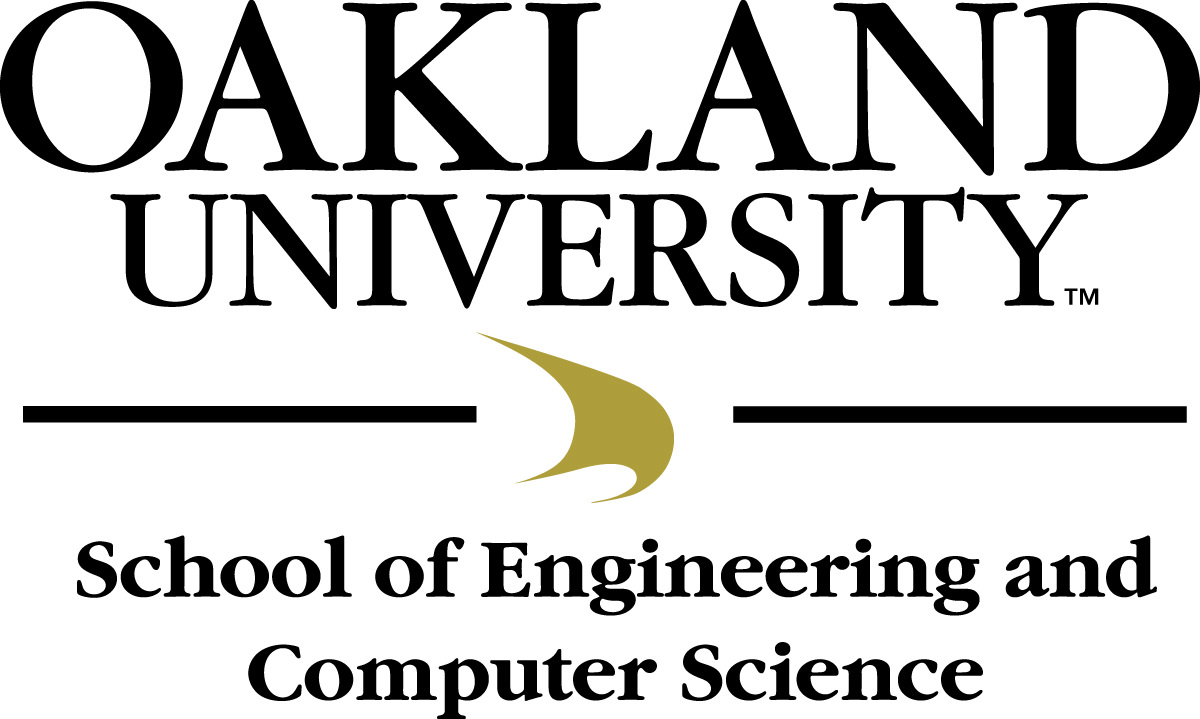 Assessment Form for External Evaluators
Assessment Form for External EvaluatorsUndergraduate
 Assessment Form for External Evaluators
Assessment Form for External Evaluators
In order to facilitate the measurement of the student outcomes, the following form-generation utility was developed. Simply provide an assignment title (including the course name and number), select the outcomes to be measured and the scale desired. A customized, printable form is produced that can be copied and used by external evaluators to assess student work. Please provide an additional page to the evaluators that maps relevant portions of the assignment to the outcomes to be evaluated. Make sure that you collect copies of the student work for the evaluators to examine.